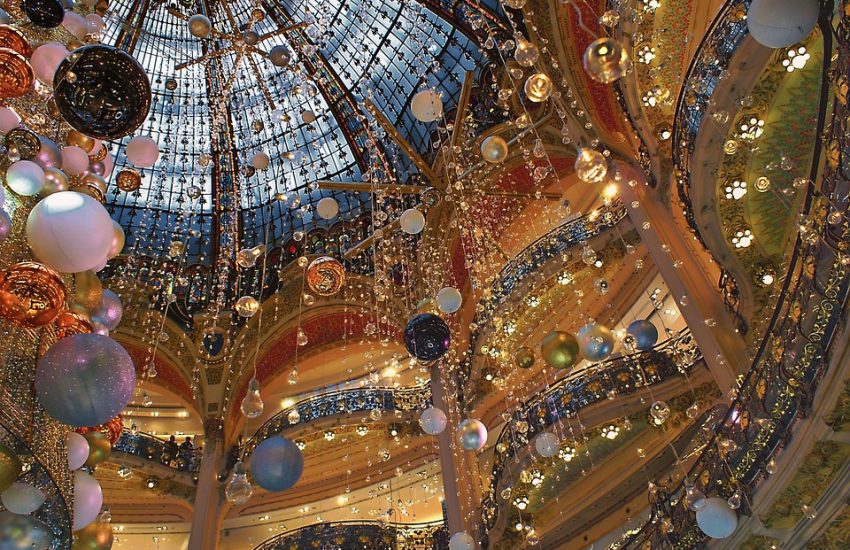Politics and the Economy: How Government Decisions Affect Markets
As we navigate through the ever-changing landscape of the global economy, it is crucial to understand the interconnected relationship between politics and the economy. Government decisions have a significant impact on markets, shaping the direction in which they move and influencing the overall health of the economy. In this article, we will explore how government decisions affect markets and what implications they have for investors, businesses, and consumers alike.
The Role of Government in the Economy
Before delving into how government decisions impact markets, it is essential to understand the overarching role that governments play in the economy. Governments have the power to implement various policies and regulations that directly influence economic activities. From fiscal policies, such as taxation and government spending, to monetary policies, like interest rates and money supply, governments have the ability to stimulate or slow down economic growth.
Government Decisions and Market Stability
Government decisions can have a profound impact on market stability. For example, changes in tax policies can affect consumer spending and investment decisions, which in turn can influence stock prices and overall market sentiment. Similarly, government regulations on industries, such as healthcare or technology, can impact the profitability of businesses within those sectors, leading to fluctuations in stock prices.
Moreover, government decisions on interest rates can have a direct impact on borrowing costs for businesses and consumers. A decrease in interest rates can stimulate borrowing and investment, boosting economic growth and potentially driving up stock prices. Conversely, an increase in interest rates can lead to higher borrowing costs, which may result in lower consumer spending and decreased corporate profits, leading to a decline in stock prices.
Government Policies and Market Trends
Government policies and decisions can also influence market trends. For example, trade policies, such as tariffs and trade agreements, can impact the competitiveness of domestic industries and affect global supply chains. Changes in these policies can lead to shifts in market trends, as businesses adapt to new trading conditions and consumer preferences.
Furthermore, government decisions on regulatory frameworks and competition policies can shape market dynamics. For instance, antitrust regulations can prevent monopolies and promote competition, leading to a more diverse and innovative market landscape. On the other hand, deregulation policies can open up new opportunities for businesses but may also lead to market consolidation and reduced competition.
Implications for Investors, Businesses, and Consumers
Government decisions have significant implications for investors, businesses, and consumers. Investors need to stay informed about government policies and regulations that may impact their investment portfolios. By understanding how government decisions can influence market trends and stability, investors can make more informed decisions about their investments.
For businesses, government decisions can create both opportunities and challenges. Companies must navigate a complex regulatory environment and adapt to changing market conditions influenced by government policies. By staying abreast of government decisions and understanding their implications, businesses can adjust their strategies and operations accordingly to remain competitive and successful.
Consumers are also affected by government decisions, as policies on taxes, interest rates, and regulations can impact their purchasing power and overall financial well-being. Understanding how government decisions affect markets can help consumers make better decisions about their finances and plan for future uncertainties.
Conclusion
Government decisions play a critical role in shaping market dynamics and influencing the overall health of the economy. By understanding how government policies and regulations can impact markets, investors, businesses, and consumers can better navigate the complexities of the economic landscape and make informed decisions that drive success and prosperity.


